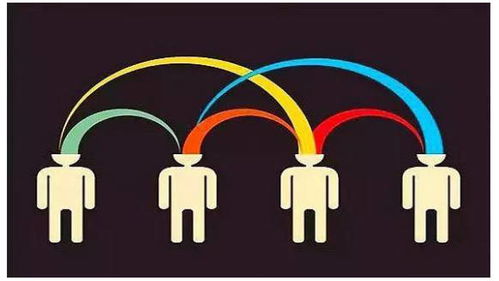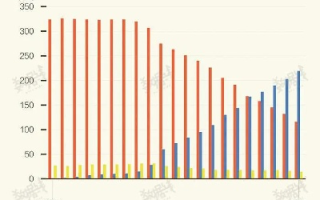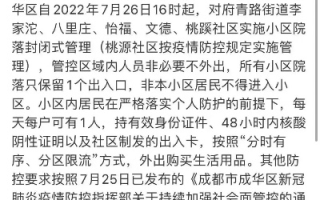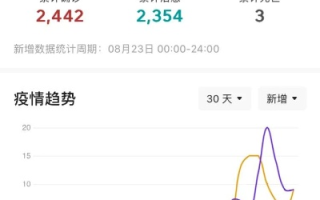Title: The Role and Potential of Blockchain Robots
Blockchain robots, also known as blockchainbased autonomous agents or smart contracts, are revolutionizing various industries with their ability to execute tasks automatically and transparently on decentralized networks. Let's explore their roles and potential across different sectors.
1. Supply Chain Management:
Blockchain robots play a crucial role in enhancing transparency and traceability in supply chains. They can automate processes such as tracking inventory, verifying product authenticity, and ensuring compliance with regulations. By recording each transaction on a tamperproof ledger, these robots help in reducing fraud, counterfeiting, and errors, thereby improving efficiency and trust among stakeholders.
2. Financial Services:

In the financial sector, blockchain robots facilitate faster and more secure transactions by eliminating intermediaries and automating the execution of smart contracts. They enable peertopeer lending, automated trading, and instant settlement of transactions, leading to cost savings and reduced risk of fraud. Moreover, blockchain robots can enhance financial inclusion by providing access to banking services for the unbanked population through decentralized applications (DApps).
3. Healthcare:
Blockchain robots are transforming healthcare by securely managing patient data, ensuring its integrity, and enabling interoperability among disparate systems. These robots facilitate the sharing of medical records, streamlining insurance claims processing, and tracking the authenticity of pharmaceuticals throughout the supply chain. By empowering patients with control over their health data and ensuring privacy through encryption, blockchain robots are revolutionizing the healthcare landscape.
4. Intellectual Property Rights:
In the realm of intellectual property, blockchain robots are employed to enforce copyrights, patents, and trademarks through smart contracts. They automate the process of registering intellectual property assets, tracking their ownership, and enforcing licensing agreements. By providing immutable proof of ownership and timestamping creations on the blockchain, these robots protect the rights of creators and prevent plagiarism or unauthorized usage.
5. Voting Systems:
Blockchain robots are reshaping the democratic process by enabling secure and transparent voting systems. They ensure the integrity of elections by recording votes on a tamperproof ledger, eliminating the possibility of fraud or manipulation. Through features such as cryptographic verification and decentralized consensus mechanisms, these robots enhance trust in electoral processes and increase voter participation.
6. Supply Chain:
Blockchain robots are being used in the supply chain to automate processes like inventory management, logistics tracking, and payment verification. They enable realtime visibility into the movement of goods, reduce paperwork, and enhance trust among trading partners. By leveraging smart contracts, these robots facilitate automatic payments upon delivery confirmation, streamlining the entire supply chain ecosystem.
7. Energy Sector:
In the energy sector, blockchain robots are employed to optimize energy trading, manage grid infrastructure, and track renewable energy certificates. They enable peertopeer energy transactions, allowing consumers to buy and sell excess energy directly to each other. By decentralizing energy markets and incentivizing renewable energy production, these robots promote sustainability and energy efficiency.
Conclusion:
Blockchain robots hold immense potential across various industries, from enhancing transparency and efficiency in supply chains to revolutionizing financial transactions, healthcare, and intellectual property rights. By leveraging the inherent security and transparency of blockchain technology, these robots are reshaping traditional processes and unlocking new possibilities for automation and innovation. As businesses and governments continue to explore the capabilities of blockchain robots, they will undoubtedly play a central role in shaping the future of decentralized systems and digital transformation.
标签: 区块链夹子机器人 区块链机构有哪些 区块链的工作机制 区块链机器人交易软件







